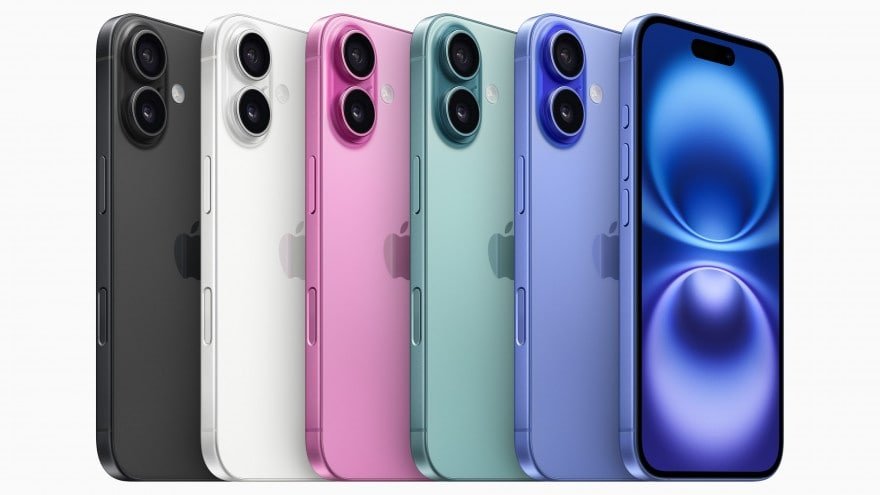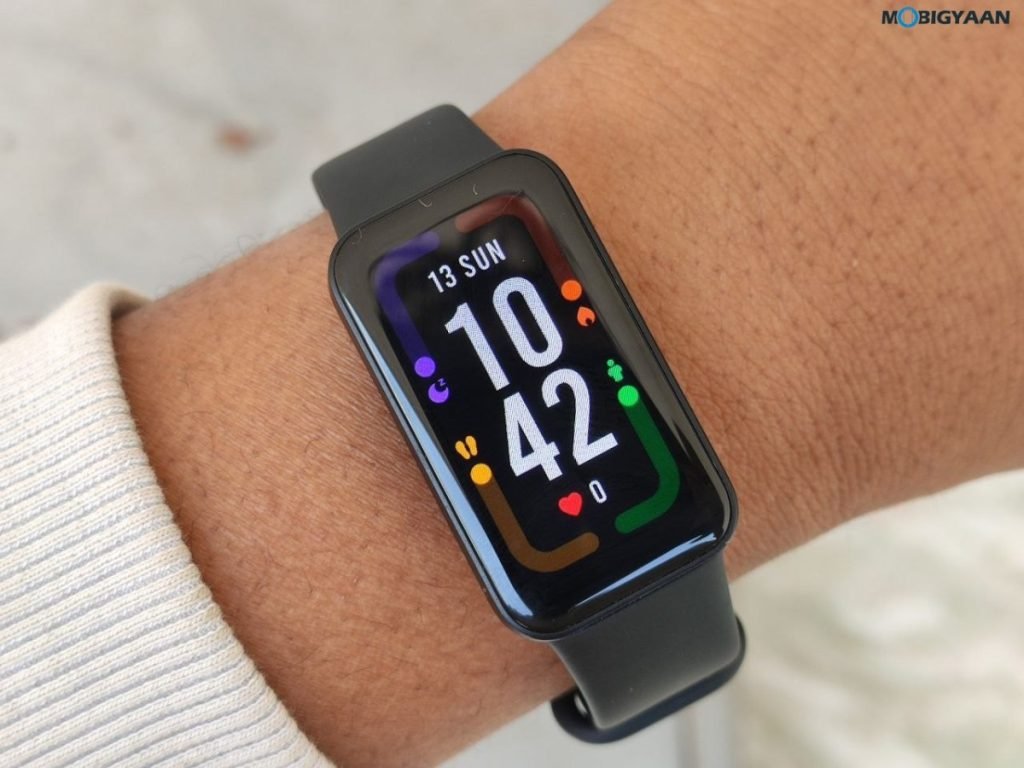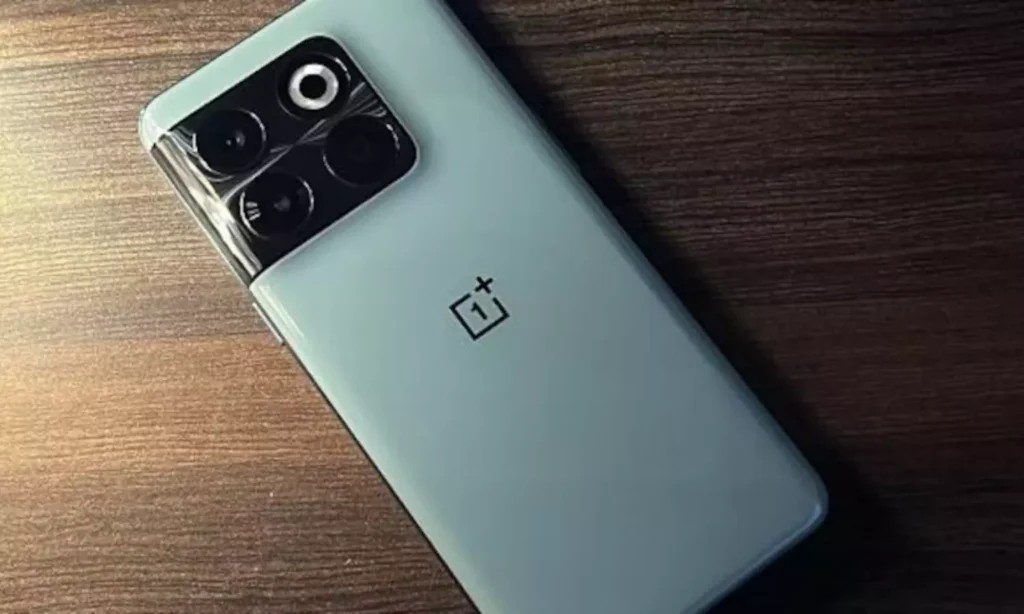IPHONE16;
The government has revealed a big shocker for iPhone 16 users. Apple has banned the iPhone 16, the latest model released recently. It concluded that it cannot be bought, sold or used in the country. It has given clear instructions not to use it in other countries even if bought in that country. As a result, Apple lovers who have bought the iPhone 16 model for more than one and a half million are getting worried. What happened so far?
iPhone 16:
Apple company released iPhone 16 model phones around the world a few days ago. The prices of this iPhone 16 are different in different countries. It is in this background that many Apple lovers have waited a long time to buy this iPhone 16. Others are preparing to buy. However, the latest ban on the iPhone 16 by the Indonesian government has become a big sensation. The Indonesian government has decided that it is not allowed to buy in other countries and use it in their country. It is in this background that tourists from other countries who want to go to Indonesia are thinking.

Indonesia, which has banned Apple’s latest model iPhone 16, has placed restrictions on sales and use in their country. It has also banned people from buying it in other countries and using it in Indonesia. The Minister of Industry Gumiwang Kartasasmita has recently announced that the use of iPhone 16 will be banned in Indonesia. He clarified that there is no IMEI certification for the use of iPhone 16 in Indonesia. That’s why the ban on that phone has been imposed. If someone uses iPhone 16.. it will be a crime according to their laws, they said. Gumiwang Kartasamita appealed to the people of Indonesia to inform the authorities immediately if they find someone using the iPhone 16 illegally.But there is a compelling reason behind Indonesia’s ban on Apple’s iPhone 16.
According to the government sources, the Apple company has failed to fulfill its promise to invest in Indonesia. That is why the government has taken this decision. Local media has revealed that Apple has promised to invest 1.71 million Indonesian rupiah which means more than Rs.900 crore in our Indian currency.However, Indonesia’s minister Gumiwang Kartasasmita said that this decision was taken on iPhone 16 because the Apple company told Indonesia about investments. According to the relevant sources, there is a rule that 40 percent of the goods to be sold in Indonesia must be made locally. However, Indonesians who bought the recently released iPhone 16 with love and hard work are shaking their heads with this decision. Tourists with iPhone 16 are now thinking about going to Indonesia.
The Indonesian government has restricted the sale of Apple’s iPhone 16 in response to Apple not fulfilling an investment promise in the country. Government sources indicated that Apple had committed to investing 1.71 million Indonesian rupiah (equivalent to over Rs. 900 crore in Indian currency). This commitment was expected to support Indonesia’s economy and boost local manufacturing, as the country mandates that 40% of electronics sold domestically be produced locally.
Despite this regulation, Apple has not met the required local manufacturing threshold, which led to the government’s decision. The move has frustrated Indonesians who recently purchased the iPhone 16, as they were eager to use the latest model. The restriction also affects tourists with iPhone 16 devices, who may face issues if they travel to Indonesia.
Indonesia’s Minister of Industry, Gumiwang Kartasasmita, expressed that the decision is firm, as the government seeks to hold Apple accountable for its commitment to investing in the nation. This situation highlights the ongoing tensions between foreign corporations and local governments in upholding investment and manufacturing obligations.
The Indonesian government decided to restrict Apple’s iPhone 16 sales because the company did not fulfill its investment commitments in the country. Apple had promised to invest 1.71 million Indonesian rupiah (over Rs. 900 crore in Indian currency), but it failed to meet the expectations. According to Indonesia’s minister, Gumiwang Kartasasmita, the regulation requires that 40% of goods sold in Indonesia be produced locally. This decision has disappointed Indonesian consumers who recently purchased the iPhone 16, and tourists carrying the iPhone 16 may also face challenges in Indonesia.
The Indonesian government has made a strong move to restrict Apple’s iPhone 16 sales, driven by the tech giant’s failure to deliver on a significant investment promise. According to government sources, Apple had pledged an investment of 1.71 million Indonesian rupiah (over Rs. 900 crore in Indian currency). This commitment was crucial, as Indonesian regulations require that 40% of goods sold domestically must be produced within the country. Apple’s delay or failure to meet these obligations has frustrated Indonesian authorities, who are enforcing their rules strictly to promote local economic growth and create more job opportunities.
Indonesia’s Minister of Industry, Gumiwang Kartasasmita, commented on the decision, emphasizing the importance of foreign companies honoring their commitments. Apple’s investment was anticipated to play a key role in developing Indonesia’s tech manufacturing sector. By not following through, Apple risks both its business reputation and market presence in Indonesia, one of the largest markets in Southeast Asia.

This decision has left many Indonesians disappointed, especially those who recently purchased or intended to purchase the iPhone 16. The restriction also presents challenges for tourists, who now must reconsider plans to bring or use iPhone 16 devices in Indonesia due to potential limitations on their usage. Many consumers in Indonesia are now uncertain about Apple’s long-term commitment to the country and whether similar restrictions might affect future Apple product releases.

Overall, this situation underscores Indonesia’s determination to enforce its policies, even if it means limiting the presence of major international brands, in an effort to ensure that foreign investments contribute substantially to local economic growth.














